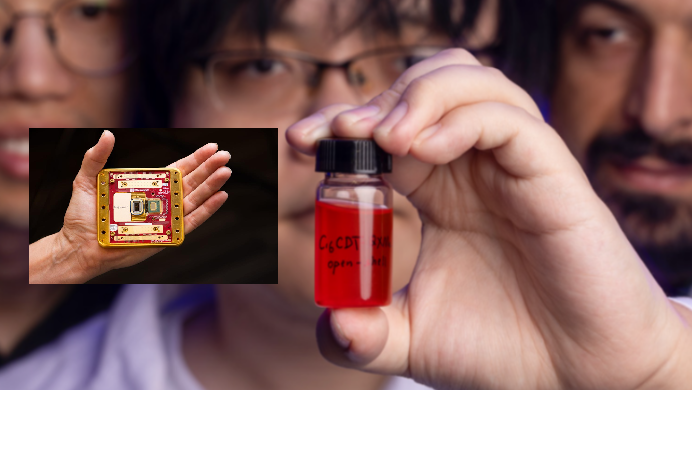Scientists Develop Groundbreaking Organic Molecule to Transform Chip Manufacturing
A team of scientists from the University of Miami, in collaboration with professors from the Georgia Institute of Technology and the University of Rochester, has created a novel type of molecule that could revolutionize the chip manufacturing industry. This new molecule has the potential to replace traditional materials like silicon and metal, which are currently essential in producing computer chips.
The researchers announced that they have developed what they believe is the world’s most electrically conductive organic molecule, according to a statement from the university.
This breakthrough opens new possibilities for manufacturing smaller, more powerful computing devices made from naturally abundant chemical elements—primarily carbon, sulfur, and nitrogen.
Over the past fifty years, the number of transistors on a chip has roughly doubled every two years, following Moore’s Law. However, as silicon-based electronics reach their physical limits, further miniaturization with existing technologies is becoming increasingly challenging.
Addressing this challenge, Kun Wang, a physicist at the University of Miami, and his team focused on how tiny molecular structures can conduct electricity more efficiently.
“Until now, there has been no molecular material that allows electrons to pass through without significant loss of conductivity,” Wang explained. “This work is the first demonstration that organic molecules can enable electrons to migrate over a few tens of nanometers without energy loss.”
Remarkably, these molecules are stable under normal conditions and exhibit the highest electrical conductivity known for molecular lengths previously considered impractical.
This discovery could pave the way for traditional computing devices to become not only smaller and more energy-efficient but also more cost-effective to produce.
Typically, as a molecule’s size increases, its ability to conduct electrons diminishes significantly. However, the newly developed molecular “wires” defy this trend, serving as essential pathways for transferring, processing, and storing information in next-generation electronics.
This extraordinary efficiency not only allows for the miniaturization of future devices but also enables entirely new functions that silicon-based materials cannot achieve.
Additionally, the materials needed to synthesize this molecule are inexpensive and can be produced in laboratory settings, making the advancement both practical and scalable.




